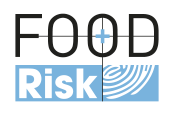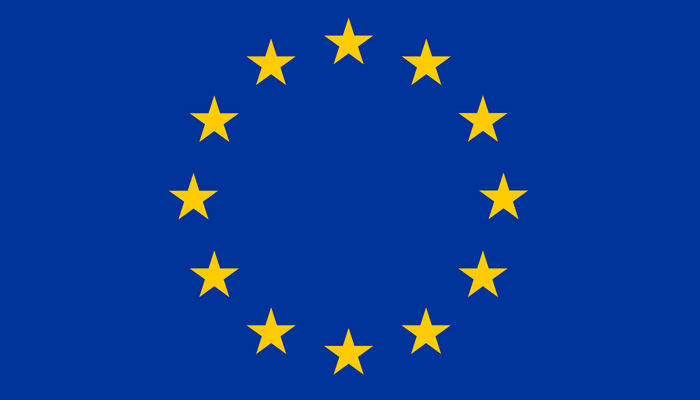A brand new study commissioned by the World Wide Fund for Nature on microplastics has just been published by the University of Newscastle in Australia. The report «No plastic in nature: Assessing plastic ingestion from nature to people» indicates that a person ingests 5 grams of plastic per week, therefore the equivalent of a microplastic credit card !
Following the publication of this scientific report, the government will seize the ANSES so can be launched in France, a thorough study.
The study done by the University of Newcastle is based on a total of 52 studies that were included in their calculations, 33 of which focused on plastic consumption via food and beverages. It was estimated that one person consumes each week:
– 1,769 particles of plastic from drinking water (tap and bottled)
– 182 particles from seafood
– 10 particles from beer
– 11 particles from salt
The long-term effects on human health following the ingestion of large quantities of plastic are still unknown. Studies have shown, however:
– that inhaling plastic fibres appears to cause minor inflammation of the respiratory tract,
– that high concentrations of microplastics in the digestive and respiratory systems of marine animals can lead to premature death,
– in-vitro toxicity in pulmonary cells, the liver and brain cells.
The World Health Organization is undertaking a review of the impact of microplastics on health.
The World Health Organization is undertaking a review of the impact of microplastics on health.
The publication of this new study is concomitant with that of the EU Directive 2019/904 on the reduction of the impact of certain plastic products on the environment.
As of July 3, 2021, disposable plastic products (straws, cutlery, plates, etc.) will be banned within the European Union. .
Céline Cezar, Chargée Réglementation chez Phytocontrol










































